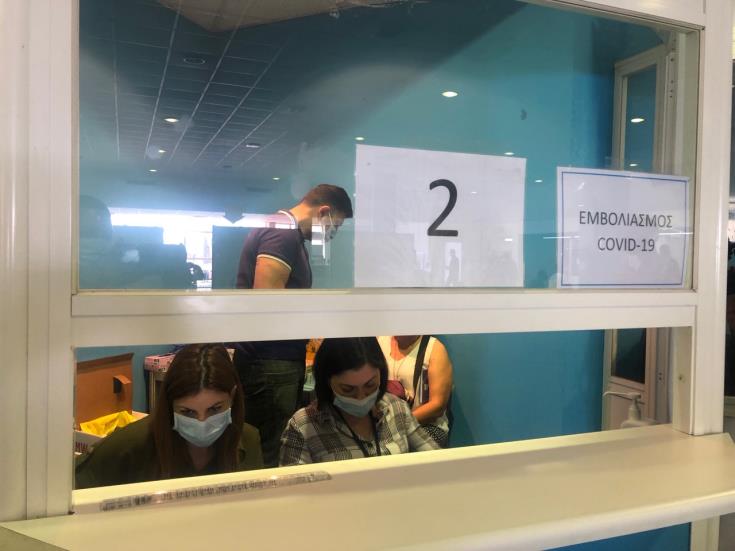Cyprus will roll out booster COVID-19 jabs for the elderly and vulnerable groups urged by scientists arguing the evidence suggests their immunity is wearing off.
According to Health Ministry sources, minister Michalis Hadjipantelas will submit a Cabinet proposal to approve administrating booster shots of COVID-19 vaccines upon the recommendation of scientists.
Tuesday’s development came after the health minister met with scientists advising the government on the coronavirus outbreak.
According to official sources, the scientific team proposed Cyprus should not waste time waiting for the go-ahead from the European Medicine Agency (EMA) to prevent a new wave of infections amongst the elderly.
“At a first stage, priority will be given to nursing homes, people aged 65 and over and some vulnerable groups regardless of age, provided that they have completed their vaccination scheme at least 6 months earlier.
“For example, an 80-year-old person who was vaccinated in June will not be vaccinated with a third dose now,” said the source.
The Health Ministry official said that only mRNA vaccines would be administrated, with more information on when and how the rollout will be launched to follow in the coming days.
A study in Israel where only the Pfizer-BioNTech vaccine was used shows that people who received the second dose of the vaccine five months or more run a higher risk of testing positive for COVID-19 than people who were fully vaccinated less than five months ago.
Meanwhile, researchers in the UK have found that protection against COVID-19 offered by two doses of the Pfizer-BioNTech and the Oxford-AstraZeneca coronavirus vaccines begins to fade within six months, underscoring the need for booster shots.
According to the findings, after five to six months, the effectiveness of the Pfizer jab at preventing COVID-19 infection in the month after the second dose fell from 88% to 74%.
For the AstraZeneca vaccine, effectiveness fell from 77% to 67% after four to five months.
Scientists carrying out the study said that protection could fall below 50% for older people and healthcare workers under the worst-case scenario by the winter.










